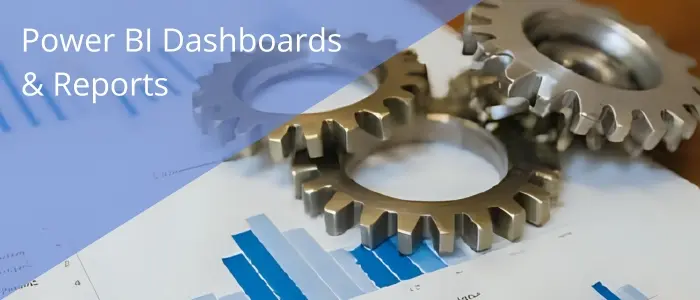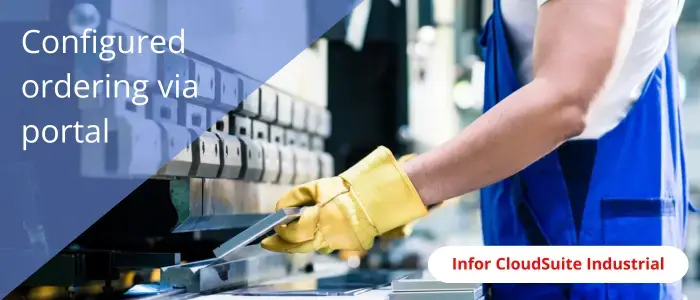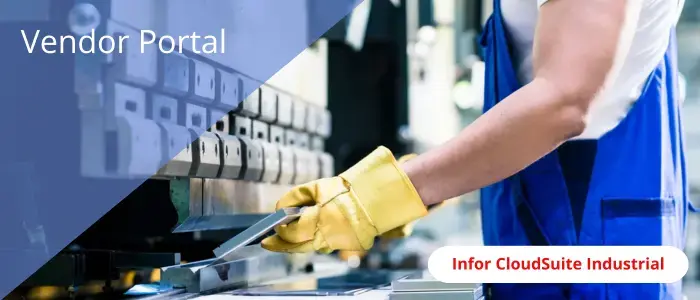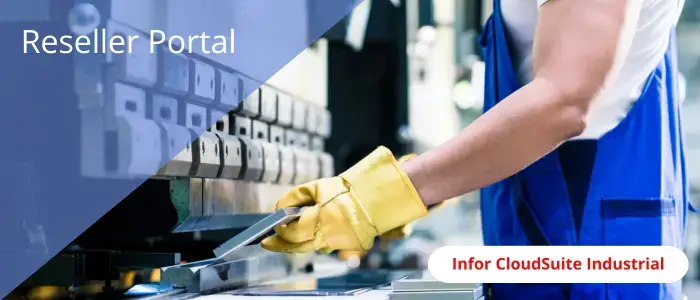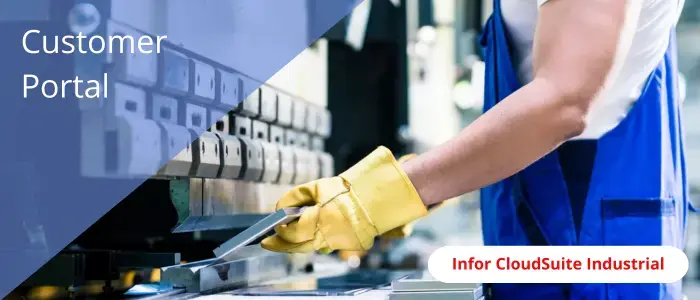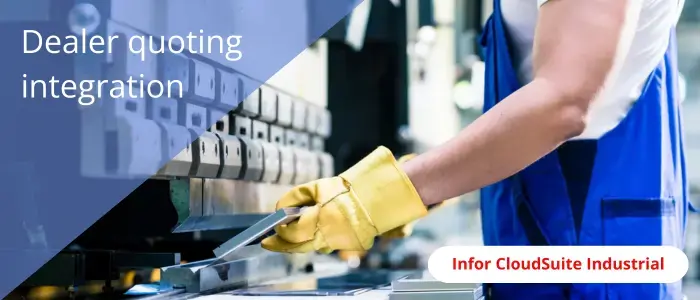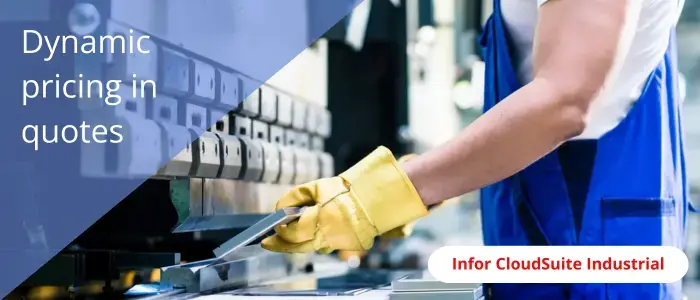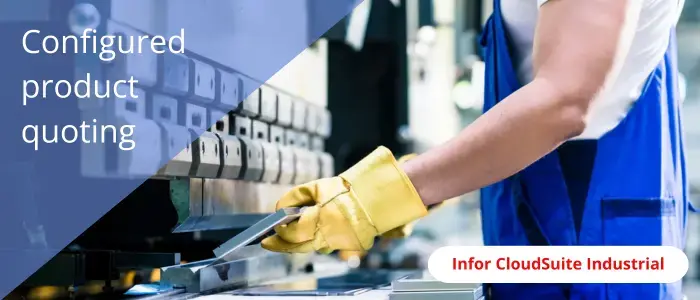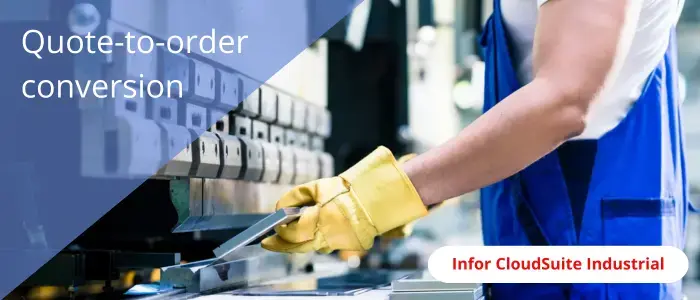Power BI is an incredibly powerful tool, but only if it’s implemented properly. That means more than just connecting it to your ERP system and publishing a few dashboards. For manufacturers, the difference between "just reporting" and true business intelligence comes down to process, ownership, and purpose.
How to Properly Implement Power BI
By Bryan Foshee on 12/8/25 10:14 AM
Power BI Dashboards & Reports: 10 Real Examples for Manufacturers
By Bryan Foshee on 12/5/25 8:49 AM
Manufacturers don’t need more data, they need answers. That’s why Power BI dashboards, when properly designed and integrated with ERP data, are a game-changer.
Configured Ordering Via Portal In Infor CloudSuite Industrial
By Nick Mendolia on 10/28/25 7:07 PM
This article is part of our CloudSuite Industrial Feature Focus series.
Vendor Portal In Infor CloudSuite Industrial
By Nick Mendolia on 10/28/25 7:04 PM
This article is part of our CloudSuite Industrial Feature Focus series.
Reseller Portal In Infor CloudSuite Industrial
By Nick Mendolia on 10/28/25 6:52 PM
This article is part of our CloudSuite Industrial Feature Focus series.
Customer Portal In Infor CloudSuite Industrial
By Nick Mendolia on 10/28/25 6:49 PM
This article is part of our CloudSuite Industrial Feature Focus series.
Dealer Quoting Integration In Infor CloudSuite Industrial
By Nick Mendolia on 10/28/25 6:45 PM
This article is part of our CloudSuite Industrial Feature Focus series.
Dynamic Pricing In Quotes In Infor CloudSuite Industrial
By Nick Mendolia on 10/28/25 6:42 PM
This article is part of our CloudSuite Industrial Feature Focus series.
Configured Product Quoting In Infor CloudSuite Industrial
By Nick Mendolia on 10/28/25 6:38 PM
This article is part of our CloudSuite Industrial Feature Focus series.
Quote-To-Order Conversion In Infor CloudSuite Industrial
By Nick Mendolia on 10/28/25 6:33 PM
This article is part of our CloudSuite Industrial Feature Focus series.




